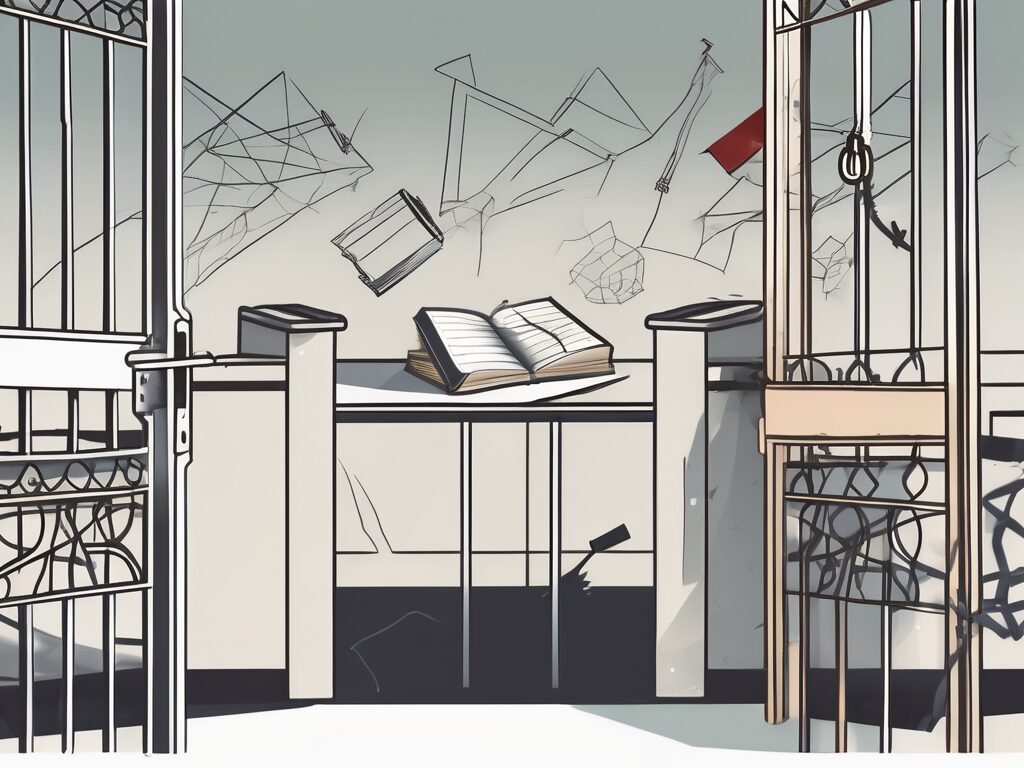Singapore’s education system is globally renowned, often touted as one of the best in the world. However, like any system, it’s not without its challenges. For International Postgraduate Certificate in Education (IPGCE) teachers, understanding these issues is crucial to delivering effective education. In this exploration, we’ll delve into six key problems within Singapore’s education system.
1. Stress and Pressure on Students
High-Stakes Examinations
One of the most significant issues in Singapore’s education system is the immense pressure on students. This is largely due to the high-stakes examinations, such as the Primary School Leaving Examination (PSLE) and the GCE ‘O’ and ‘A’ Levels. These exams can determine a student’s academic trajectory, creating a pressure-cooker environment.
Comparison with Finland’s Education System
Contrast this with Finland’s education system, where students are not subjected to national exams until the age of 16. The Finnish approach focuses more on learning and less on testing, resulting in less stress for students.
2. Lack of Emphasis on Non-Academic Skills
Narrow Focus on Academics
Singapore’s education system is often criticised for its narrow focus on academics. While academic achievement is important, it’s equally crucial to develop non-academic skills such as critical thinking, creativity, and emotional intelligence. These skills are often overlooked in favour of traditional academic subjects.
Comparison with Australia’s Education System
Compare this with Australia’s education system, where there’s a greater emphasis on holistic development. Australian schools often incorporate outdoor education and creative arts into their curriculum, fostering a well-rounded education.
3. Inequality in Education
Disparity in School Resources
Another issue is the disparity in school resources. Elite schools in Singapore often have better facilities and more resources than neighbourhood schools. This can create an uneven playing field, where students from affluent families have more opportunities.
Comparison with Sweden’s Education System
In contrast, Sweden’s education system aims to provide equal opportunities for all students, regardless of their socioeconomic background. The Swedish government allocates more resources to schools in disadvantaged areas, striving for equality in education.
4. Rote Learning
Dependence on Memorisation
Rote learning is another challenge in Singapore’s education system. Many students rely on memorisation rather than understanding concepts. This approach can limit critical thinking and creativity, essential skills in the 21st century.
Comparison with Canada’s Education System
On the other hand, Canada’s education system encourages students to understand concepts and apply their knowledge. Canadian teachers often use project-based learning, promoting critical thinking and problem-solving skills.
5. Streaming
Early Tracking of Students
Streaming, or the early tracking of students based on their academic abilities, is another contentious issue. While it’s intended to cater to different learning needs, it can also lead to a fixed mindset, where students believe their abilities are set in stone.
Comparison with Germany’s Education System
Germany also practices streaming, but it’s done at a later age. German students are tracked at the age of 10, giving them more time to develop their abilities and interests.
6. Private Tuition
Reliance on Private Tuition
The last issue is the heavy reliance on private tuition. Many Singaporean students attend tuition classes outside of school hours. This not only adds to their workload but also widens the education gap, as not all families can afford tuition.
Comparison with Japan’s Education System
Japan also has a culture of private tuition, known as ‘juku’. However, the Japanese government has implemented measures to reduce the reliance on juku, such as extending school hours and offering after-school programmes.
In conclusion, while Singapore’s education system has its strengths, it’s not without its challenges. For IPGCE teachers, understanding these issues can help in creating a more effective and inclusive learning environment. By learning from other education systems, we can strive to improve and evolve, ensuring every student has the opportunity to succeed.
Take the Next Step in Your Teaching Career with IPGCE
Understanding the intricacies of Singapore’s education system is just the beginning. If you’re an educator aiming to overcome the hurdles of stringent qualifications, limited career progression, professional isolation, and the need for a deeper grasp of global education systems, the International Postgraduate Certificate in Education (iPGCE) is your gateway to success. Join a community of professionals who have seen a 50% increase in interview callbacks, a 45% boost in promotion rates, and a 300% growth in professional connections. Embrace the opportunity to enrich your teaching credentials and advance your career while maintaining your current commitments through our flexible online study options. Don’t let inadequate credentials hold you back any longer. Join the UK’s #1 Teacher Training Course today and transform your potential into achievement.

